When to Order Vegetable Seeds?
RedSun (Zone 6, NJ)
9 years ago
Related Stories
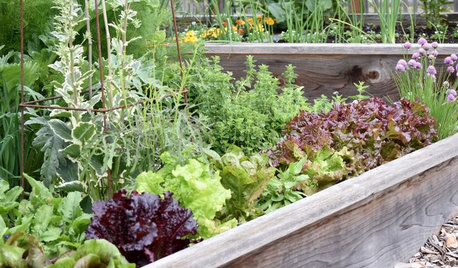
GARDENING GUIDESSeeds or Seedlings? How to Get Your Garden Started
Growing delicious herbs and vegetables starts with knowing your goals and when you want to plant
Full Story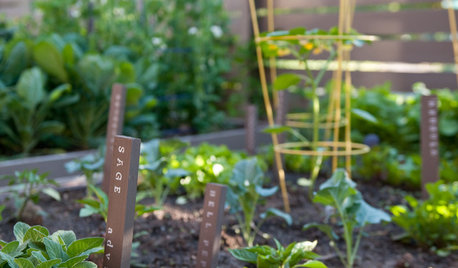
EDIBLE GARDENSKeep Track of Your Vegetable Garden With Plant Markers
Bring order to your edible beds with these labeling ideas
Full Story
KITCHEN DESIGN9 Questions to Ask When Planning a Kitchen Pantry
Avoid blunders and get the storage space and layout you need by asking these questions before you begin
Full Story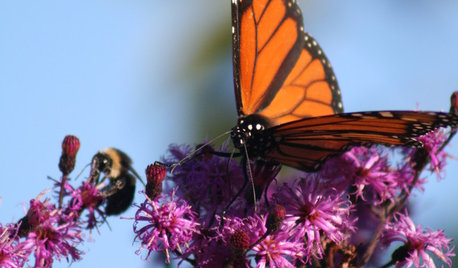
GARDENING GUIDESGreat Design Plant: Ironweed Fills Tall Garden Orders
Height, a slender form and a taste for wet soil make this native perfect for rain garden borders — and beneficial insects love it
Full Story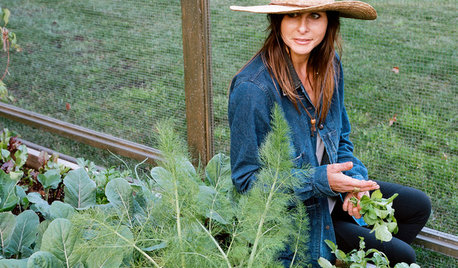
FARM YOUR YARDAdvice on Canyon Farming From L.A.'s Vegetable Whisperer
See how a screened garden house and raised beds help an edible garden in a Los Angeles canyon thrive
Full Story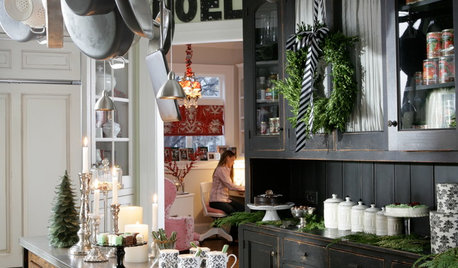
ENTERTAININGHow to Stay Sane When Hosting Christmas
We offer a dozen tips for getting organizing and enjoying the big day
Full Story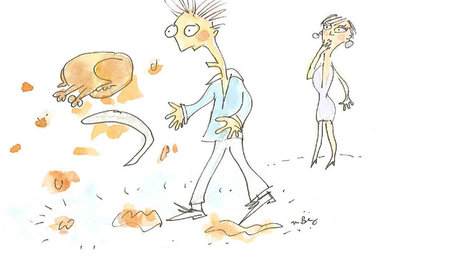
MOST POPULARThanksgiving Tales: When the Turkey Tanks
Houzz readers prove adept at snatching victory from the jaws of entertaining defeat
Full Story
MOST POPULARWhen Does a House Become a Home?
Getting settled can take more than arranging all your stuff. Discover how to make a real connection with where you live
Full Story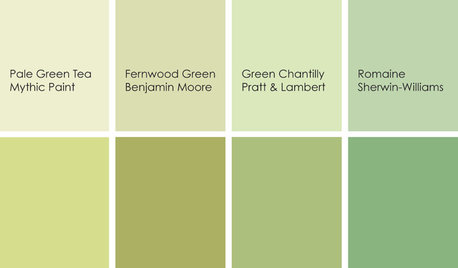
KITCHEN DESIGNCooking With Color: When to Use Green in the Kitchen
Consider a taste of Romaine or Pale Green Tea to make your kitchen walls or cabinets the freshest ones around
Full Story





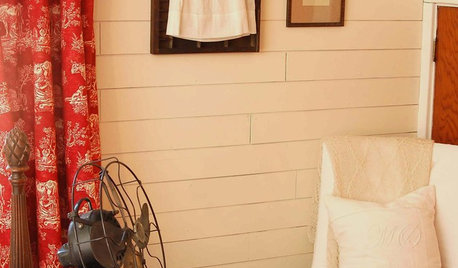
grubby_AZ Tucson Z9
theforgottenone1013 (SE MI zone 5b/6a)
Related Professionals
Danbury Landscape Architects & Landscape Designers · Danbury Landscape Architects & Landscape Designers · West Milford Landscape Architects & Landscape Designers · Alexandria Landscape Contractors · Beachwood Landscape Contractors · Fort Myers Landscape Contractors · Lemoore Landscape Contractors · Monterey Landscape Contractors · Nanuet Landscape Contractors · Peachtree City Landscape Contractors · Salmon Creek Landscape Contractors · South Lyon Landscape Contractors · Sugar Hill Landscape Contractors · Chicago Ridge Landscape Contractors · Park Ridge Driveway Installation & Maintenancewayne_5 zone 6a Central Indiana
Peter1142
farmerdill
Peter1142
digdirt2
glib
Peter1142
glib
theforgottenone1013 (SE MI zone 5b/6a)
Peter1142
digdirt2
Peter1142
tishtoshnm Zone 6/NM
digdirt2